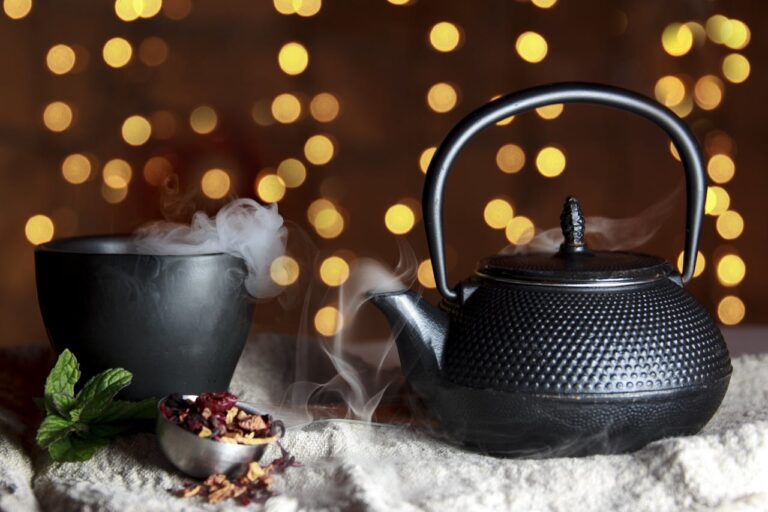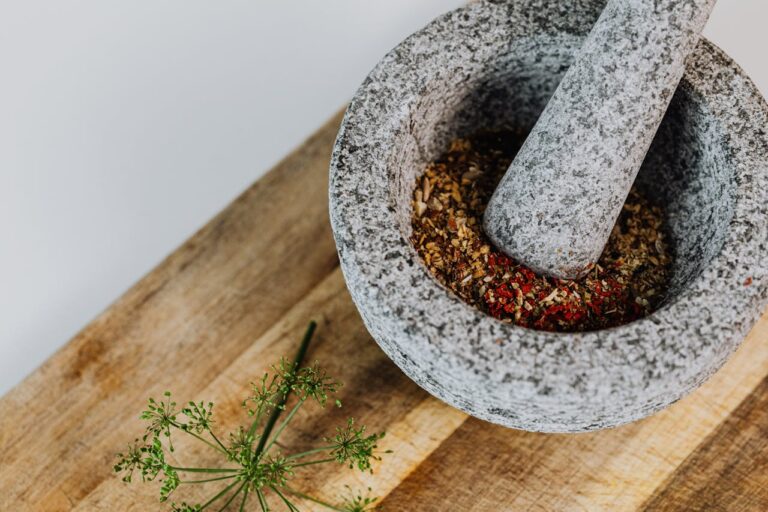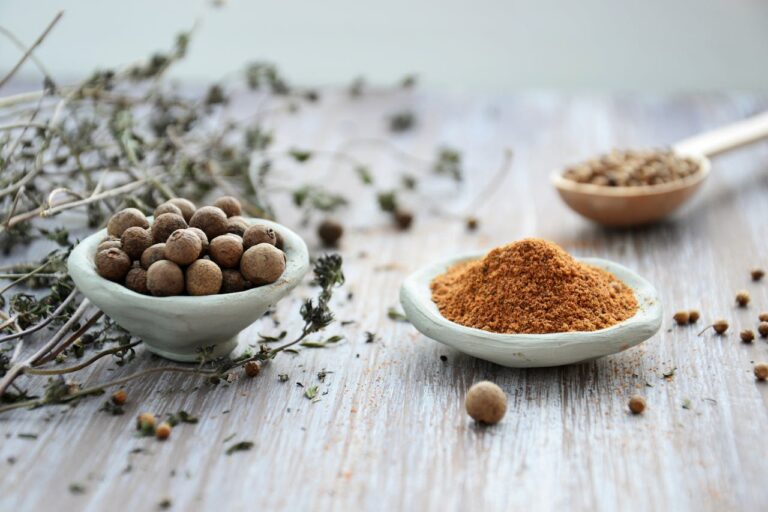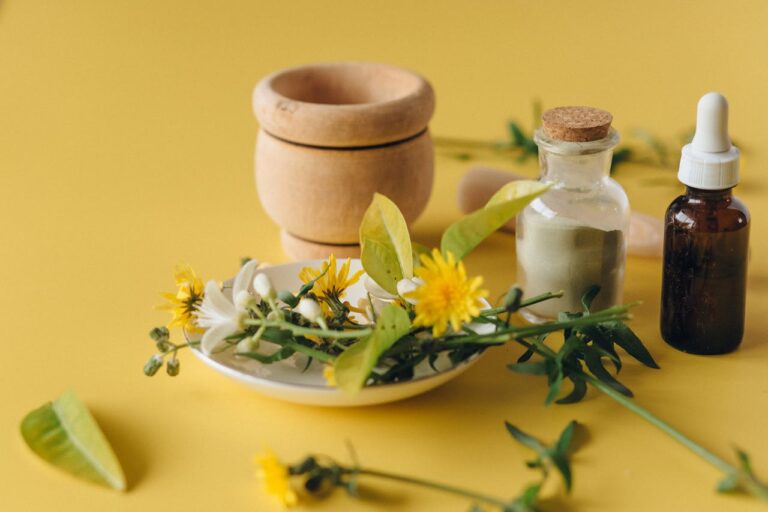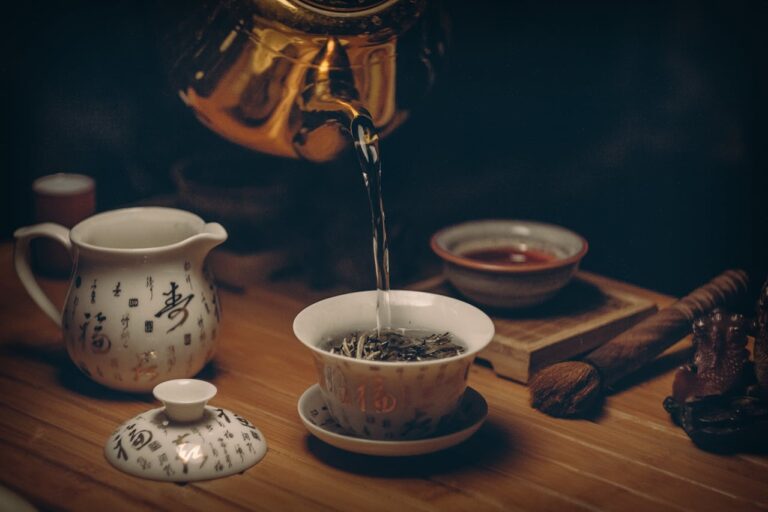The Hidden Risk of Incorrect Herbal Dosing
Herbal remedies have been used for centuries to support health and wellness. But did you know that incorrect dosing could be the reason you’re not getting the results you expect—or worse, experiencing unwanted effects? Many people assume that because herbs are natural, they are automatically safe in any amount. However, just like pharmaceutical medications, herbs must be taken in the correct dosage to be effective and safe.
In this guide, we’ll explore the science of herbal dosing, why one-size-fits-all recommendations don’t work, and how you can determine the right amount for your body.
Why Herbal Dosing Is Often Misunderstood
Many people struggle with herbal dosing due to misinformation and lack of standardized guidelines. Unlike conventional medicine, where dosages are clearly defined, herbal remedies vary depending on factors such as:
✅ The form of the herb (tincture, capsule, tea, powder)
✅ The concentration of active compounds
✅ Individual body weight, metabolism, and sensitivity
✅ The presence of other medications or conditions
Taking too little may result in no noticeable benefits, while taking too much can lead to side effects or toxicity.
Common Mistakes People Make:
❌ Guessing dosages based on intuition or hearsay
❌ Using the same dosage for different forms of herbs
❌ Ignoring interactions with other medications
❌ Assuming “more is better” when it comes to natural remedies
These mistakes can lead to ineffective results, side effects, or wasted money on herbs that aren’t working as they should.
The Science Behind Herbal Dosing: What You Need to Know
Unlike synthetic drugs, herbs contain a complex mix of active compounds that interact with the body in unique ways. Understanding the science of bioavailability and optimal dosing is key to getting the best results.
Factors That Affect Herbal Dosage:
| Factor | Impact on Dosage |
|---|---|
| Form of Herb | Tinctures are more concentrated than teas; capsules provide standardized dosing |
| Body Weight & Metabolism | Larger individuals may require higher doses; faster metabolisms process herbs more quickly |
| Potency & Quality | Fresh, high-quality herbs have stronger effects than old or poorly stored herbs |
| Purpose of Use | Acute conditions may need higher doses, while maintenance doses are lower |
| Synergy with Other Herbs | Some herbs enhance each other’s effects, allowing for lower doses |
Understanding Therapeutic Ranges
Most herbs have a therapeutic range—a window where the dose is high enough to be effective but not so high that it causes issues. Finding this range for each herb and each individual is key to success.
How to Determine the Right Herbal Dosage for You
To safely and effectively use herbs, follow these evidence-based guidelines:
1. Start with the Recommended Dosage
Check reliable sources such as herbalist guides, clinical studies, or professional recommendations for a baseline dose. Avoid random internet advice.
2. Adjust Based on Your Body’s Response
Pay attention to how your body reacts. If you’re seeing no effects after a few weeks, you may need to adjust the dosage (gradually).
3. Use the Right Form for Your Needs
- Tinctures: Fast-absorbing and potent; good for acute conditions
- Capsules/Powders: Convenient but slower-acting
- Teas: Gentle and great for long-term use
- Essential Oils: Highly concentrated and should be used with caution
4. Follow a Consistent Schedule
Herbs work best when taken regularly and consistently. Skipping doses or taking them sporadically may reduce effectiveness.
5. Consult a Professional if Unsure
A qualified herbalist or healthcare provider can guide you in finding the safest and most effective dose for your specific needs.
Herbal Dosage Chart: Common Herbs & Their Recommended Ranges
Below is a general guideline for some popular herbs. Always check for individual contraindications before use.
| Herb | Common Use | Typical Daily Dosage |
| Ashwagandha | Stress, energy | 300-600 mg extract |
| Turmeric | Inflammation | 500-2000 mg curcumin |
| Valerian Root | Sleep aid | 400-900 mg extract |
| Echinacea | Immune support | 300-500 mg extract |
| Ginger | Digestion, nausea | 1-4 grams fresh root |
Note: Dosages vary based on preparation method and individual needs.
Key Takeaways: How to Get Maximum Benefits from Herbal Dosing
✔ More is not always better—stick to effective therapeutic ranges.
✔ Different forms = different potencies—adjust accordingly.
✔ Your body is unique—listen to how it responds.
✔ Consistency matters—take herbs regularly for best results.
✔ Seek guidance when needed—work with an expert if unsure.
By following these guidelines, you can optimize your herbal regimen for maximum effectiveness and safety.
Final Thoughts: Take Control of Your Herbal Health
Using herbs correctly can be life-changing, but only when taken in the right dosage. If you’ve been using herbs without seeing results, adjusting your dose could make all the difference.
Take the time to research, listen to your body, and consult professionals when needed. Your health is worth it!
Disclaimer:
This article is for informational purposes only and is not a substitute for medical advice. Consult a healthcare provider before starting any herbal regimen, especially if you are pregnant, nursing, or taking medications.


